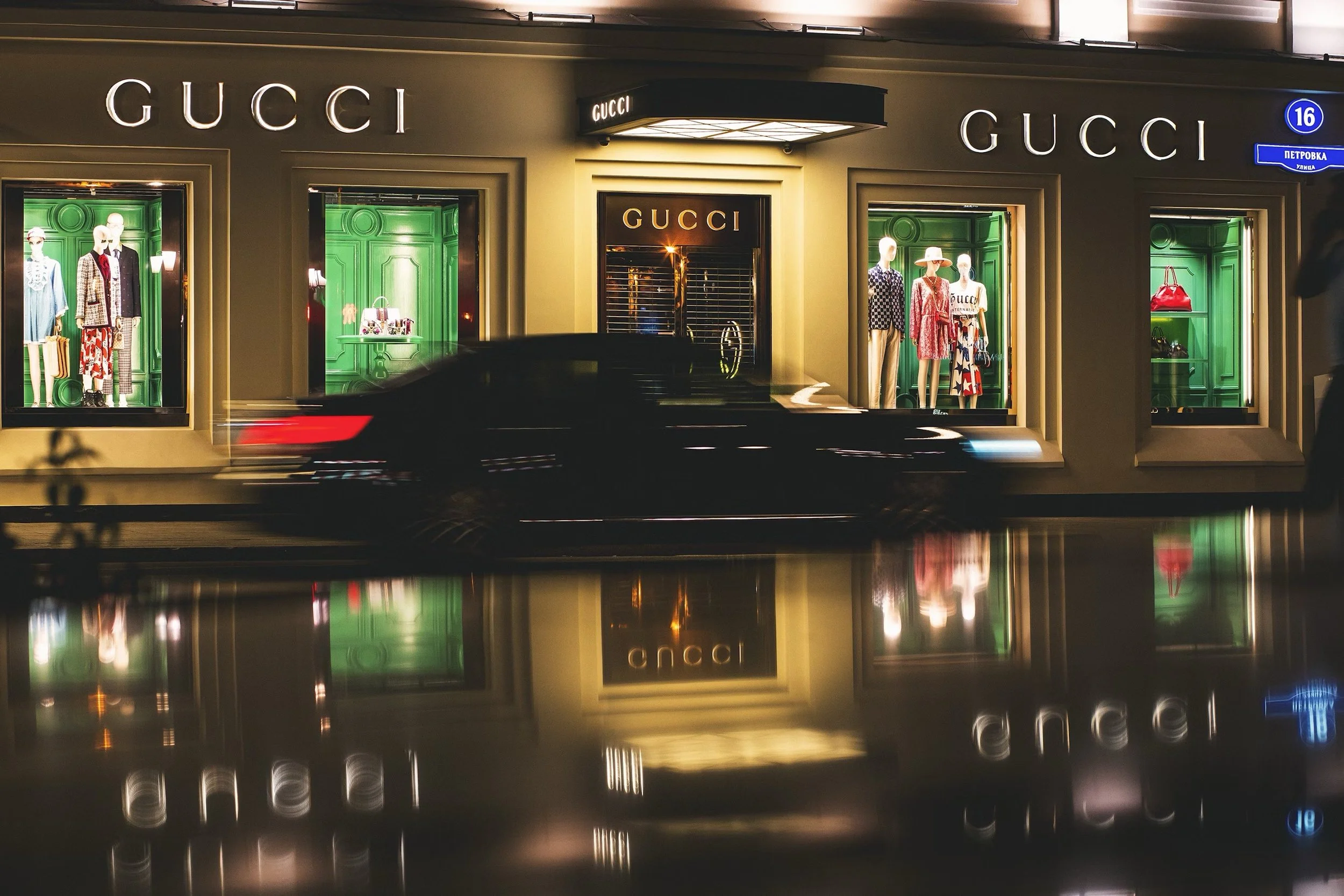Brunello Cucinelli Built an AI Website. Gucci Hired AI Models. Luxury Finally Found Its Algorithm.
56% of luxury clients say they're unsatisfied with their shopping experience.
That number should terrify Hermès, Chanel, and every house that built its reputation on white-glove service and intuitive understanding of what clients want before they know themselves.
But here's what's more interesting: luxury brands aren't responding by hiring more human experts. They're hiring AI.
When the Humanist Embraces the Algorithm
Brunello Cucinelli—the $2 billion Italian cashmere house that built its brand on humanistic capitalism and artisanal craft—launched an AI-powered website in July 2024. Not a chatbot. Not a recommendation engine. A narrative-driven experience that adapts in real-time to user interactions, built on the Solomei AI platform.
This is the same company whose founder famously said he wanted to build a "moral and economic enterprise where people's work and human dignity are respected."
When Cucinelli embraces AI, something fundamental has shifted.
The luxury sector's AI market is projected to grow from $1.2 billion in 2024 to $5.6 billion by 2034, at a 16.2% compound annual growth rate. But the numbers miss the real story: luxury isn't using AI to scale. It's using AI to solve a problem that human expertise couldn't: personalization at the level clients now expect, informed by their experiences with Amazon, Netflix, and every other sector that's trained them to expect algorithmic precision.
BCG's 2025 Luxury survey found that luxury clients are shopping online more frequently and increasingly accept AI's role in the luxury shopping experience. The brands are trailing their clients in adoption—and the gap is growing.
Archives, Algorithms, and Aesthetics
Burberry is using AI to animate archival photographs from 1980, turning Lord Lichfield's vintage images into dynamic Instagram content. Gucci unveiled an AI-generated campaign in February 2025 exploring themes of duality. Dior launched Astra, a generative AI platform that analyzes consumer data from Google reviews to satisfaction surveys, fine-tuning brand strategy in real time.
This isn't about efficiency. It's about something luxury houses couldn't do before: seeing patterns in client behavior that even their most experienced advisors miss.
Hugo Boss announced a goal of creating 90% of its products digitally by 2025, hitting 65% by 2023. That's not automation—that's using AI to compress design cycles while maintaining the aesthetic standards that define luxury positioning.
The Tension No One's Talking About
Here's the problem: Luxury brands have always sold scarcity, craft, and the irreplaceable judgment of human expertise. AI threatens all three.
A Hermès bag takes 18 hours of hand-stitching by a single artisan. You can't AI your way to that. Or can you?
78% of luxury firms now consider AI a strategic priority for the next three years. 60% have already implemented AI in customer experience, logistics, and security. But adoption remains fragmented—luxury brands have adopted an average of just 1.6 use cases out of 20 identified opportunities, with 5.4 more in pilot or planning stages.
The brands that figure this out first will define what luxury means for the next generation. The ones that don't will become museum pieces—beautifully crafted, historically significant, and commercially irrelevant.
AI as Team Member, Not Tool
The real question isn't whether AI belongs in luxury. Clients have already decided it does. The question is whether luxury brands can integrate AI without losing what made them luxury in the first place.
Cucinelli seems to think so. His AI website doesn't replace the craftspeople in Solomeo. It makes their work more discoverable to clients who might never walk into a flagship store.
Dior's Astra doesn't replace the artistic directors. It gives them data on what's resonating before a collection drops, allowing faster pivots without compromising creative vision.
The brands getting this right treat AI as an embedded team member, not a tool. They're not asking "what can AI do?" They're asking, “What should we be doing that we can't do at the human scale?"
Operational efficiency remains the number one priority—60% of implementations focus on stock allocation and volume prediction. But 25% are focused on understanding customers at a depth that even the best client advisors can't match across thousands of interactions.
Scaling Taste
The luxury brands that win won't be the ones with the best AI. They'll be the ones that use AI to make human expertise more valuable, not less necessary.
When your client expects Netflix-level personalization but Hermès-level service, you can't choose between algorithms and artisans. You need both.
Luxury is learning what every other industry already knows: AI doesn't replace taste. It scales it.
The houses that understand this will charge more, not less. Because AI-informed bespoke is still bespoke—it's just bespoke that arrives before you knew you wanted it.
That's not dilution. That's the future of exclusivity.
A Question to Ponder
Your industry is splitting into two tiers: those who can prove competence through work, and those who need credentials as trust signals.
Which side are you on?
If you're hiring, are you still requiring degrees for roles where demonstrated skill would be better proof? Are you missing talent because you're optimizing for pedigree over performance?
If you're building your career, are you investing in credentials that still carry weight, or acquiring skills that matter more? Because the wrong choice means you're either overpaying for signaling that doesn't signal, or under-investing in trust-building that your field still requires.
The luxury brands figured out that AI and craftsmanship aren't opposites—they're complements. The same thing is happening with credentials and skills.
The question isn't which matters. It's what matters for what you're actually trying to do.
Are you building in a field where the work speaks for itself? Or where clients need expensive signals before they'll trust you with their problems?
Answer that wrong and you'll spend a fortune on the wrong kind of proof.

